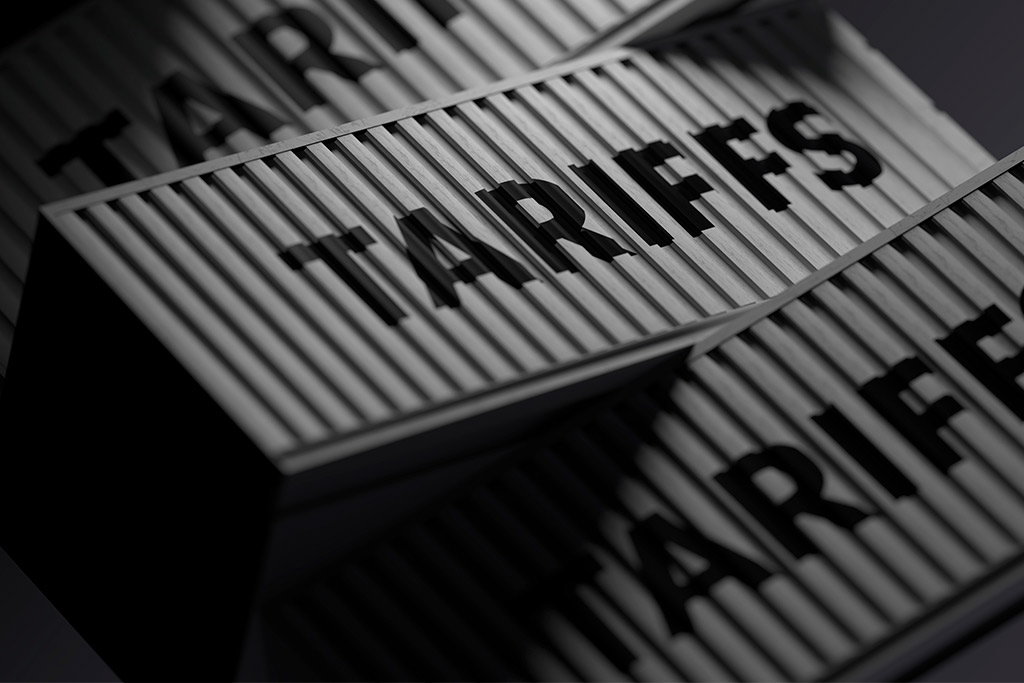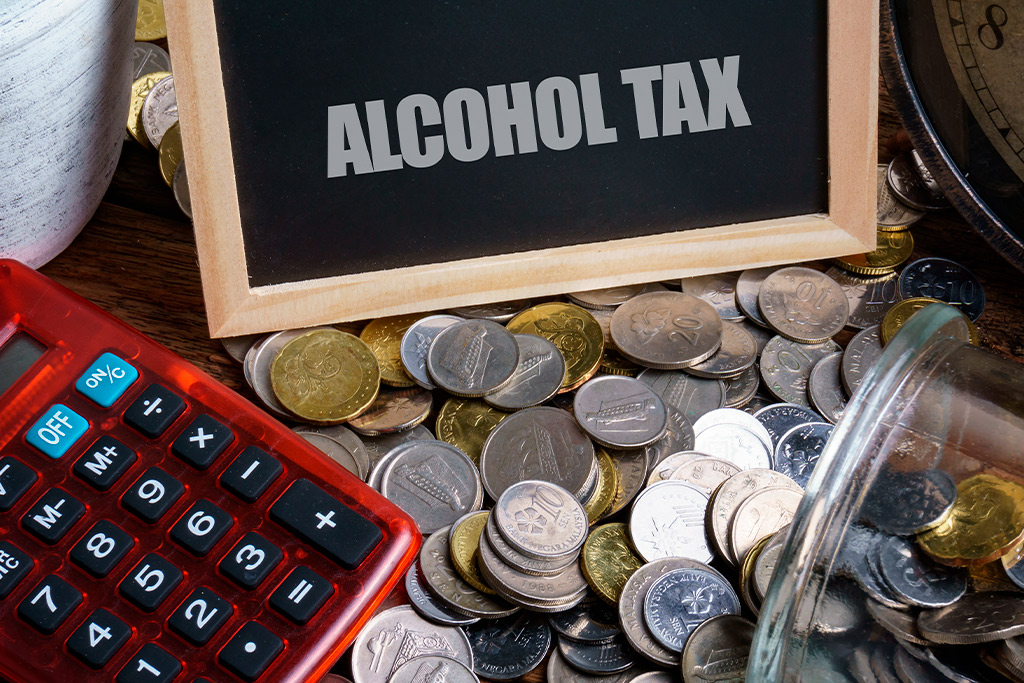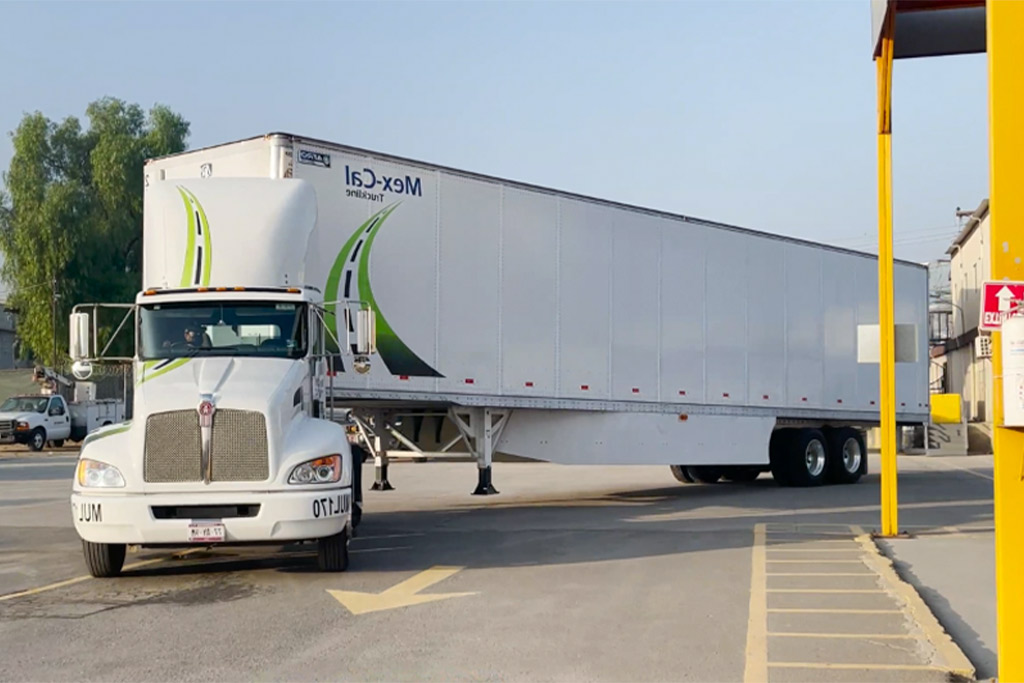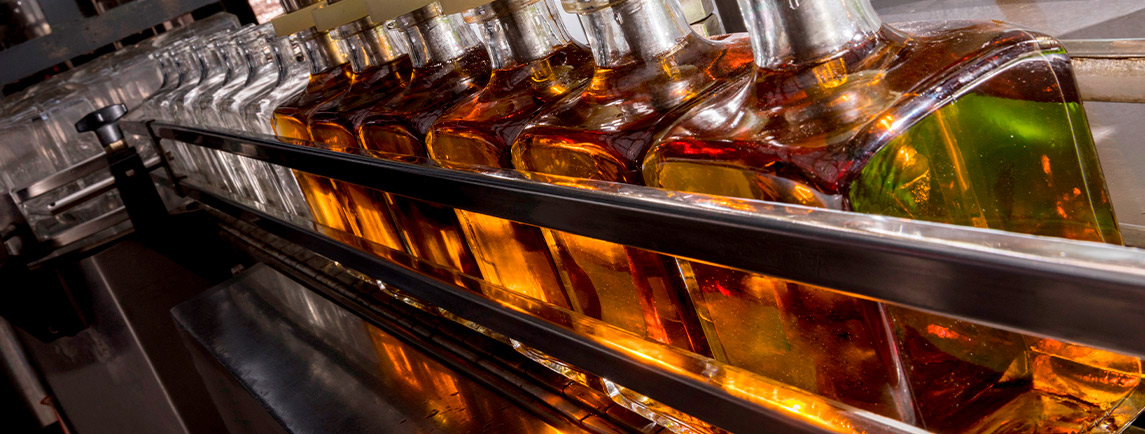2025 Guide: Navigating Alcohol Import Regulations from Mexico
Importing alcohol from Mexico into the United States in 2025 requires navigating a web of evolving regulations, new tariffs, and bilateral compliance requirements. With oversight from multiple regulatory U.S. agencies such as the Alcohol and Tobacco Tax and Trade Bureau (TTB), Customs and Border Protection (CBP), and the Food and Drug Administration (FDA), alongside Mexico’s revamped Foreign Trade General Rules, businesses must remain vigilant to avoid costly delays or penalties.
While import tariffs in the United States currently remain uncertain due to shifting trade policies, ongoing geopolitical tensions, and some tariffs from previous administrations, there is ongoing debate about whether to maintain, increase, or roll them back. Businesses find it difficult to plan long-term strategies, as future tariff changes could impact supply chains, pricing, and sourcing decisions. The best is for companies to prepare for potential changes is by diversifying suppliers and building flexible supply chains to stay resilient amid policy shifts.
The U.S.-Mexico trade relationship is particularly significant for alcohol imports, with tequila being one of Mexico’s most notable exports. Before crossing the border, these products must originate from designated Mexican regions and obtain certification from the Tequila Regulatory Council (CRT).
Spring 2025 will bring heightened attention to these regulations following recent tariff fluctuations. The postponement of proposed 25% tariffs on Mexican imports has already created market uncertainty, with businesses and consumers alike adapting their purchasing behaviors. Understanding these evolving regulations is not merely about compliance—it’s essential for business planning and market competitiveness in this dynamic trade environment.
Key Changes in 2025 for Alcohol Import Regulations: Tariffs and Trade Policy

Spring 2025 has brought significant regulatory and trade updates:
- 25% Tariff Imposed in March 2025 on many Mexican imports via Executive Orders 14193 and 14194.
- USMCA exemptions are effective March 7 for qualifying products.
- “Liberation Day” Proclamation established a new 10% baseline U.S. import duty, plus reciprocal tariffs of 20–30% on select countries.
- Mexico’s Revenue Agency eliminated the US$50 duty-free threshold and implemented a flat 19% tax for imports between US$1 and US$2,500.
Required U.S. Permits and Approvals
Before initiating importation, U.S. importers must obtain the following:
| Document | Issuing Authority | Purpose |
| Basic Importer’s Permit | TTB | Authorizes alcohol import activities |
| Certificate of Label Approval (COLA) | TTB | Ensures compliance with labeling laws |
| FDA Facility Registration | FDA | Registers the foreign producer facility |
| FDA Prior Notice | FDA | Provides advanced warning of incoming alcohol shipments |
Additional Requirements:
- U.S. office or a contracted licensed importer.
- Registration as an alcohol dealer via Form 5630.5(d).
Here’s a step-by-step guide on how to apply to import liquor from Mexico into the United States:
Step 1: Obtain a Federal Basic Importer’s Permit

Requirement: You must first secure a Federal Basic Importer’s Permit from the Alcohol and Tobacco Tax and Trade Bureau (TTB).
How to Apply:
- Complete Form TTB F 5100.24 (Application for Basic Permit under the Federal Alcohol Administration Act).
- Submit the form through the TTB’s Permits Online system or via paper mail.
Eligibility:
- You must maintain a business office in the U.S. or partner with a licensed U.S. importer.
- Processing Time: Typically takes about six weeks.
- Cost: No fee is charged by the TTB.
- Assistance: Contact the TTB National Revenue Center at 877-882-3277 or ttbimport@ttb.treas.gov for help.
Step 2: Obtain a Certificate of Label Approval (COLA)
Requirement: Each unique alcoholic beverage product must have a Certificate of Label Approval (COLA) before it can be imported.
How to Apply:
- Submit Form TTB F 5100.31 via the COLAs Online system.
Purpose:
- Makes sure that the product’s label complies with federal laws, including correct alcohol content and the importer’s name.
Important Note: You must have the COLA before importing the product, not afterward.
This process ensures compliance with U.S. federal regulations for the legal importation of alcoholic beverages from Mexico.
Beyond federal requirements, importers must navigate a patchwork of state regulations. Each state maintains its own Alcohol Beverage Control (ABC) board with distinct permit requirements and restrictions. Some states may require additional permits, impose quantity limitations, or keep other regulatory hurdles that vary significantly across jurisdictions. Thorough research into the specific requirements of each state where the imported products will be sold is essential for full compliance.
Customs and CBP Documentation

After securing the necessary permits, importers must navigate the U.S. Customs and Border Protection (CBP) requirements, the final gateway for alcohol products entering the United States. CBP serves as the enforcement arm for alcohol import regulations, ensuring compliance with federal laws, protecting public health, and verifying all required documentation before products can legally enter the country.
For border clearance, importers must present:
- Certificate of Origin – Verifies the country of production.
- Tequila Regulatory Council (CRT) Certification – Confirms origin within approved Mexican regions.
- Certificate of Age and Origin – For specific wines and spirits.
- Detailed Invoice – Includes:
- Importer/exporter names
- Port of entry
- Product specifics
For shipments over $2,500, a customs bond is required.
Electronic Submission Options
| System | Function |
| RLF (Remote Location Filing) | Allows entry submission from non-port locations. |
| EIP (Electronic Invoice Program) | Enables digital document submission, reducing paperwork. |
Taxes & Duties: Mexican Export Requirements
(2025 Updates)
Recent changes in Mexico’s export framework impact alcohol shipments significantly:
| New Rule (2025) | Details |
| US$50 Duty-Free Threshold Eliminated | Applies standard 19% tax on imports between US$1–$2,500. |
| Packaging Regulations | Bottles must be ≤5 liters with Spanish labels, tracking codes, and full disclosure of origin and ingredients. |
| Shipment Valuation Over US$1,000 | Requires registration in Padrón de Importadores (Importers Registry). |
| Shipments Over US$2,500 | Must undergo full customs clearance; no simplified option. |
US Taxation and Duties Overview
Alcohol imports are subject to layered taxation:
| Tax/Duty | Authority | Details |
| Federal Excise Tax | TTB/CBP | Varies by category—spirits taxed highest. |
| USMCA Preferential Rates | CBP | Reduces tariffs on qualified products. |
| 10% Baseline Tariff + Reciprocity Duties | U.S. Executive Policy | Broad-based duty under the 2025 “Liberation Day” policy. |
Always refer to Chapter 22 of the Harmonized Tariff Schedule for detailed duty classifications.
In addition to permits and regulatory compliance, importers of Mexican alcoholic beverages must navigate a complex framework of federal taxes and duties. All alcohol importers must register as alcohol dealers with the TTB using form 5630.5(d) before commencing operations. This registration is separate from the permitting process and specifically addresses tax obligations.
Federal excise taxes vary based on the type and quantity of alcohol being imported. These taxes apply to all three main categories: distilled spirits, wine, and beer. Spirits generally face the highest tax rates. U.S. Customs and Border Protection (CBP) is the collection agency for these taxes at entry.
Compliance with FDA and Other Agencies
While the TTB and CBP play primary roles in alcohol importation, the Food and Drug Administration (FDA) imposes additional critical requirements for Mexican alcohol entering the U.S. market. Under the Bioterrorism Act of 2002, all foreign alcohol manufacturers must register with the FDA according to their Food Facility Registration Regulations. This registration is mandatory—if the manufacturer hasn’t completed this process, the legal responsibility falls to the importer to apply for registration on their behalf.
Market Impact and Strategic Responses of Alcohol Logistics

Spring 2025’s regulatory shifts have driven changes in market behavior:
Business Strategies
- Stockpiling Inventory: Companies like Calabasas Beverage Co. spent over $2 million to pre-import tequila.
- Global Diversification: Exploring non-U.S. markets to offset tariff risks.
- Partnerships: Aligning with experts such as Mex-Cal Truckline for regulatory navigation and assistance
Consumer Behavior
- Consumers are personally stockpiling tequila.
- Restaurants have boosted bulk orders.
Forecast: A Q2 slowdown is expected as stockpiled inventories reduce new orders.
Compliance Checklist for Importers (Spring 2025)
Obtain Basic Importer’s Permit – TTB
Submit COLA for each product – TTB
Register a foreign producer with FDA – FDA
File Prior Notice with FDA – FDA
Verify CRT certification for tequila – CBP
Check documentation for USMCA treatment – CBP
Comply with Mexican labeling/packaging laws – SAT (Mexico)
Register with Mexico’s Importers Registry – SAT (Mexico)
Navigate With Confidence your Alcohol
Spring 2025 presents both challenges and opportunities for importing Mexican alcoholic beverages. While tariffs and new documentation rules increase complexity, proactive planning and strategic partnerships make successful importing achievable. Stay informed, comply meticulously, and partner with experienced professionals.
To streamline your alcohol import from Mexico, get advice from the experts at Mex-Cal Truckline. We offer tailored logistics and regulatory solutions—from permit acquisition to customs clearance. Don’t let compliance hurdles delay your shipments. Contact Mex-Cal Truckline for export advice and start importing with confidence!






